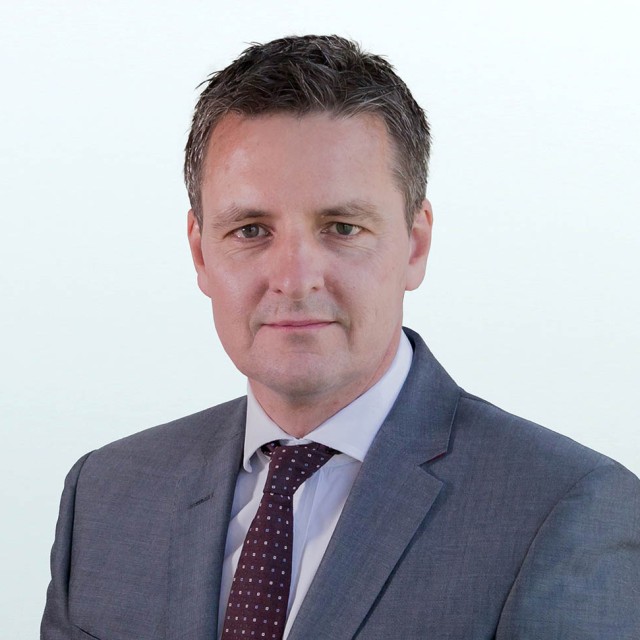In the recent case of Domeney v Rees & Another [2020] EWHC 2115 (QB) https://www.bailii.org/ew/cases/EWHC/QB/2020/2115.html Master Davison provided a timely reminder of the court’s power to restrict the use of expert evidence in road traffic cases.
The claim arose out of a fatal road traffic accident where the claimant’s husband (deceased) was riding a motorcycle that collided with a car driven by the defendant that was turning right across its path. The defendant was convicted of causing death by careless driving whilst over the prescribed limit for a specified controlled drug (cannabis). There was an assertion that the motorcyclist was travelling too quickly.
In the course of the criminal proceedings two accident reconstruction reports were prepared – one from the Collision Investigation Unit officer and the other from an expert (a retired police officer) instructed by the defendant. Both experts agreed that they were unable to provide a reliable estimate for the speed of the motorcycle because of the absence of forensic evidence.
In the civil claim the defendant sought permission to rely upon a new accident reconstruction expert plus an A&E consultant to address issues of medical causation.
Master Davison refused permission for both despite the claimant not opposing the defendant’s request. This was upon the basis that there were already two reconstruction experts who had both concluded that it was difficult to offer any reliable analysis of speed of the motorcycle (the judge gave permission for the written reports to be admissible as evidence at trial).
Master Davison relied upon the judgment of Stuart-Smith LJ in Liddell –v- Middleton [1996] PIQR stating “We do not have trial by expert in this country; we have trial by Judge. In my judgment, the expert witnesses contributed nothing to the trial in this case except expense.”
The case acts as a useful reminder to the parties of their duty to the court under CPR Part 35.1 to restrict the use of expert evidence to that which is necessary to dispose of the case fairly.
The court is unlikely to accede to requests for permission for expert reconstruction evidence unless such evidence can truly assist the trial judge in determining issues which are beyond his knowledge. Master Davison applied a strict interpretation of the rules in controlling the number and associated cost of experts in a case where there was a lack of forensic evidence amenable to expert analysis.
There is an important lesson to bear in mind that when representing a defendant in criminal proceedings the expert evidence obtained may have implications as to the admissibility of expert evidence in subsequent civil proceedings.


The service you deliver is integral to the success of your business. With the right technology, we can help you to heighten your customer experience, improve underwriting performance, and streamline processes.